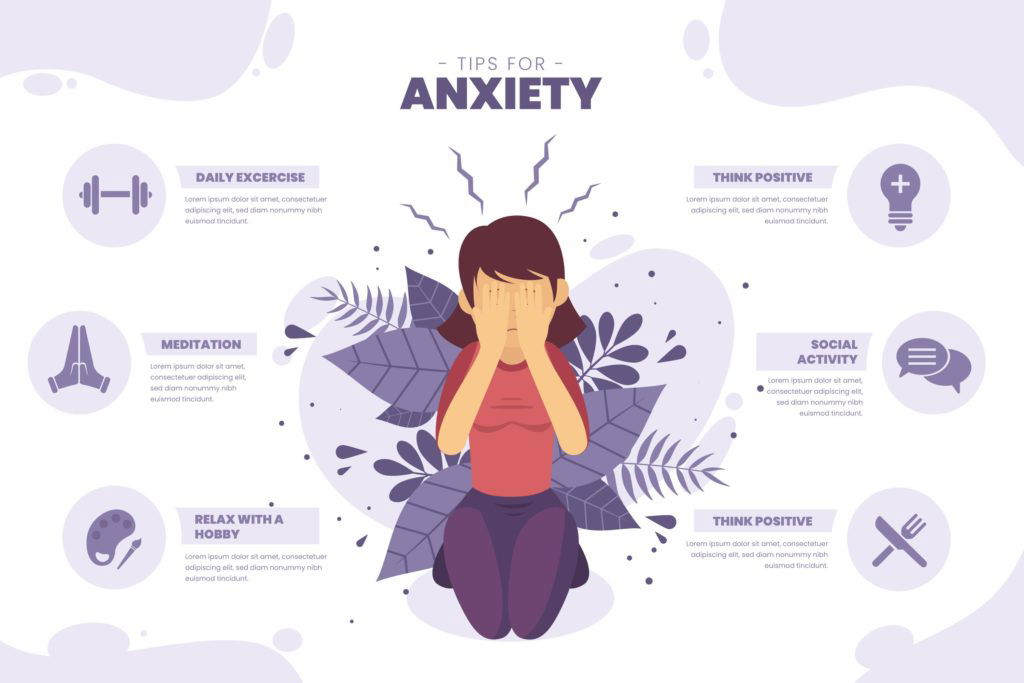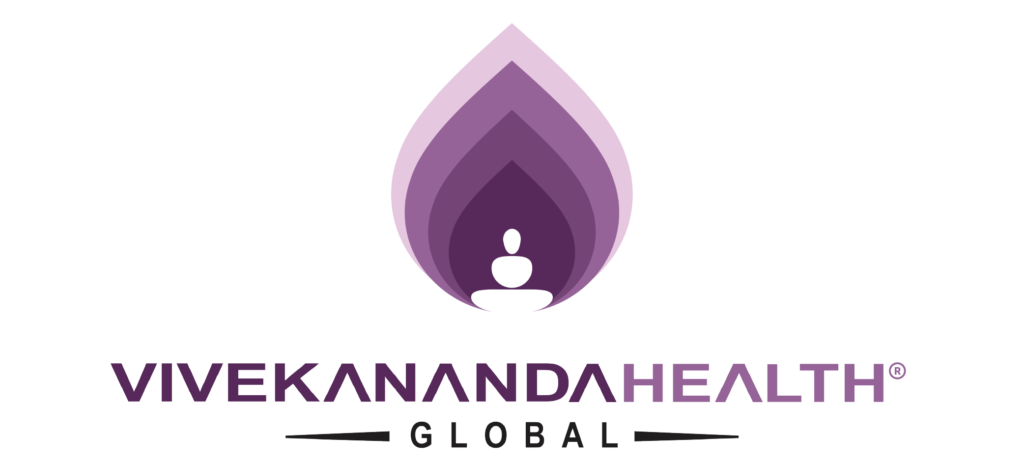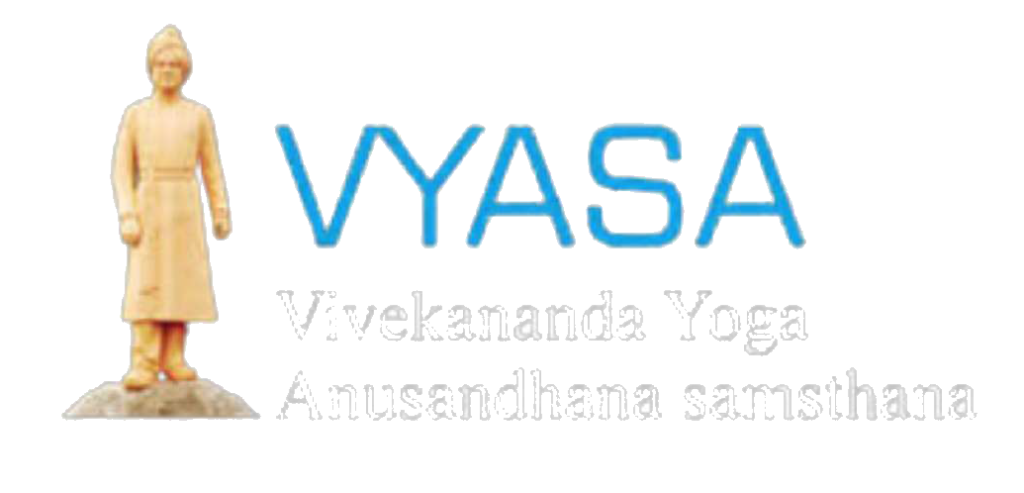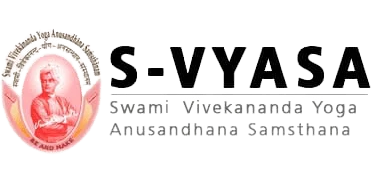
Anxiety is nothing but the kind of fear, uneasiness and dread. It is very much common at times while making an important decision, facing difficult situations or writing some competitive exams etc. everyone experience the anxiety some or the other time. It is considered as normal helpful reaction to stressfully demanding situations. But it adversely affects the work & mental health when it occurs too often on the form of a disease when they affect for months and disturbs the quality of life. There are many types of anxiety based on the cause. Medical help is very much required to prevent the complications of anxiety.
The common symptoms of anxiety are rapid breath, heaviness of chest, sweating, headache, shivering etc.
Case at VHG:
A male patient 34 years old came with the complaint of Anxiety associated with palpitations. For the past 6 -8 months he was facing an issue at work place and was notable to manage hid stress and anxiety. He had met a doctor and was on allopathic medicines for the same for almost 6 months. His sleep was very poor and was making him more restless& tired. He was fed up with taking medicine and consulted here and taken the following treatments.
Treatment at VHG:
Acupuncture : Given him a 7 days of acupuncture regularly and then weekly. Acupuncture is fine needle insertion to the various points of our body. It enhances the relaxation and improves the quality of sleep.
Ayurveda Panchakarma procedures: Patient underwent a Panchakarma treatment called nasya and virechana. Nasya which is a nasal administration of medicine to the nostrils for 7 days. Internal cleansing therapy virechana procedure includes snehapana (intake of medicated ghee) for 5 days, sarvanga abhyanga (full body massage) with steam for 3 days and purgation therapy virechana was the 9th day of treatment.
Yoga therapy: he has also taken yoga therapy followed by virechana for 5 days and learnt yoga practices including breathing exercises, asanas and pranayama. Advised him to do it regularly.
Shirodhara and Abhyangam: For rejuvenation, advised him to take shirodhara and abhyangam one in 15 days.
Pre & Post Assessment:
Hamilton Anxiety Rating Scale (HAM-A):
It is a rating scales developed to measure the severity of anxiety symptoms. The scale consists of 14 items, each defined by a series of symptoms and measures both psychic anxiety (mental agitation & psychological distress) and somatic anxiety (physical complaints related to anxiety).
Scoring:
Each item is scored on a scale of
0 - Not present
1 - Mild
2 - Moderate
3 - Severe
4 - Very severe
With a total score ranges are considered as below
Less than 17 – Mild severity
18-24 mild to moderate severity
25-30 moderate to severe
Perceived stress scale: The Perceived Stress Scale (PSS) is the most widely used psychological instrument for measuring the perception of Stress. It is a measure of the degree to which situations in one’s life are appraised as stressful. There are 10 questions to evaluate the stress by giving scores 0,1,2,3 and 4.
Total score 0-13 is considered as low stress, 14-26 is moderate stress and between 27-40 is high stress.
| Day-1 (pretreatment) | Day -30 (post treatment) | Day -60 After 30 days of treatment | |
|---|---|---|---|
| HAM-A | 32 | 19 | 12 |
| PSS | 29 | 18 | 10 |
Conclusion:
Integrative approach of Ayurveda, Yoga, Naturopathy helped patient to recover from anxiety and to give his best performance at his work place. Significant changes are felt by him and he is very much happy with his overcome from the problems. He is practicing yoga regularly to improve his quality of life.



